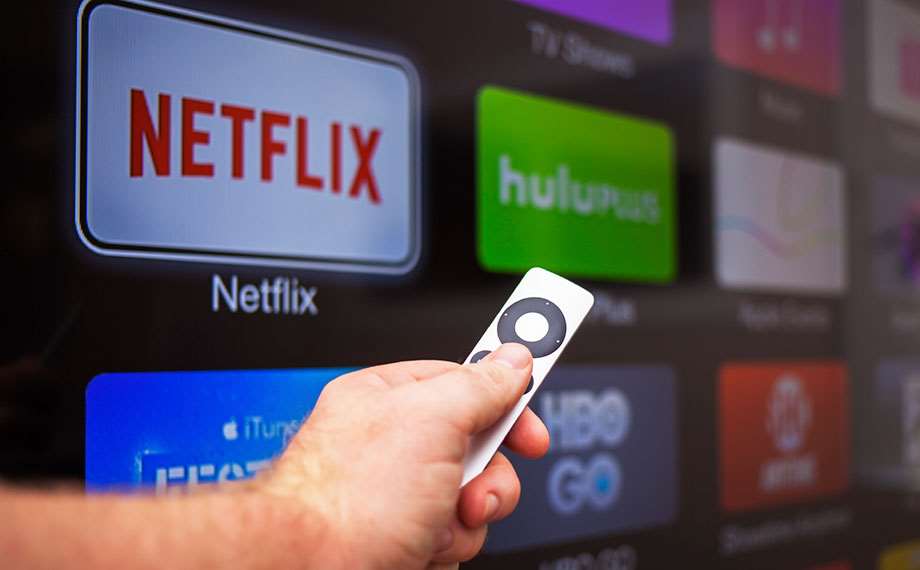Netflix has revealed plans to crack down on geo-dodgers within weeks, meaning Australians accessing the US version via VPN, proxy or a DNS changer could soon find themselves cut off.
The company’s content delivery architecture vice president David Fullagar said in a blog post that Netflix employs “the same or similar measures other firms do” to counter users accessing content outside their home country.
“This technology continues to evolve and we are evolving with it,” Fullagar said.
“That means in coming weeks, those using proxies and unblockers will only be able to access the service in the country where they currently are.
“We are confident this change won’t impact members not using proxies.”
Fullagar said Netflix’s overarching goal was to license the same content to be available worldwide so consumers can “enjoy all of Netflix without using a proxy”.
While he believed the company was “making progress in licensing content across the world … we have a way to go before we can offer people the same films and TV series anywhere”.
“Over time, we anticipate being able to do so,” Fullagar said.
“For now, given the historic practice of licensing content by geographic territories, the TV shows and movies we offer differ, to varying degrees, by territory.
“In the meantime, we will continue to respect and enforce content licensing by geographic location.”
Netflix’s terms of service already forbid the use of geo-dodging technology but it hasn’t stopped large numbers of international users.
The company added a clause where it could ban geo-dodging users in April 2015.
Enforcing the ban
A January 2015 survey by Global Web Index (GWI) estimated almost one-third of the web’s VPN users were accessing Netflix.
GWI said later in 2015 that the trend shouldn’t concern Netflix or content owners, despite breaching licensing restrictions.
“Although this trend may worry rights holders, VPN users should not be seen as a threat per se,” the firm said.
“In fact, they are more likely than average to be paying for music or video streaming services and, at the very least, these figures demonstrate the possibilities that exist for services like Spotify and Netflix to expand into even more markets.”
It’s unclear how exactly Netflix plans to enforce its geo-dodger ban, but the company’s chief product officer Neil Hunt reportedly told a Canadian newspaper just days ago that it could be technically difficult.
“We do apply industry standard technologies to limit the use of proxies,” Hunt reportedly told the Globe and Mail.
“Since the goal of the proxy guys is to hide the source it’s not obvious how to make that work well. It’s likely to always be a cat-and-mouse game.
“[We] continue to rely on blacklists of VPN exit points maintained by companies that make it their job. Once [VPN providers] are on the blacklist, it’s trivial for them to move to a new IP address and evade.”
Roy Morgan Research estimates as many as 200,000 Australians may have been using geo-dodging services to access Netflix US and UK content prior to Netflix setting up in Australia on March 24 last year.
It’s unclear how many of those users maintained their VPN connections versus switching over to the Australian version.
But Roy Morgan noted huge growth in Netflix connections among Australians when the official local service launched.
More than a million Australians were accessing the local version just three months after launch. That figure almost doubled by August 2015.










